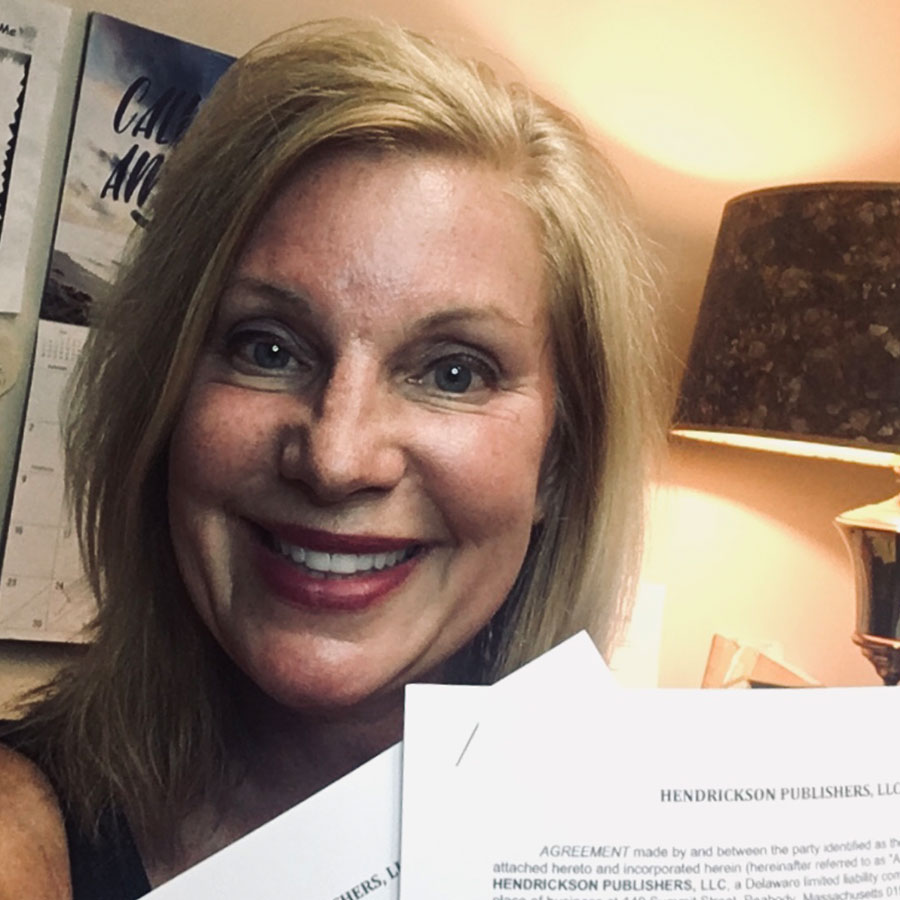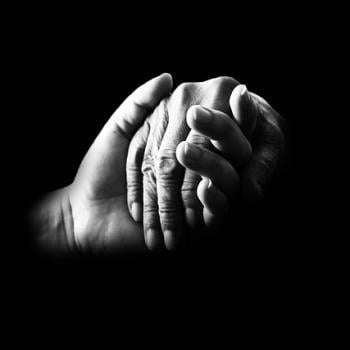
Strive for peace with everyone, and the holiness without which no one will see the Lord. See to it that no one fails to obtain the grace of God; that no ‘root of bitterness’ springs up and causes trouble, and by it many become defiled.
Rarely do we equate fighting for something, be it a cause, a belief, or a person, as an act of peace. But biblically speaking, there is nothing more peaceable than fighting for what is right. Whether we witness an injustice or are in a position to offer relief and comfort to someone who’s been injured or wronged…there is no more loving choice to make than to summon our courage and get involved.
Fighting for peace takes courage
Make no mistake about it, to get involved in the messiness of another’s life takes immense courage and inner-resolve. Even with the best of intentions, the love and support we offer another, can be easily misunderstood, misconstrued, or even rejected. It’s the risk we take to genuinely love people. It’s the risk God expects us to take on behalf of people He puts into our lives. Prayerfully, thoughtfully, peaceably, we enter into the lives of those around us, always with their best interests at heart. May God give us both the wisdom, the desire, and the discernment, to act as His loving ambassadors of hope.
Fighting for peace is a loving act
When we consider making peace with someone, what thoughts rise to the surface? Often it’s a painful mix of specific tense, disagreeable memories lingering in our minds and those still emotionally charged exchanges that we recall first. Unconsciously, we stiffen. Something inside of us resists the notion that it just may be our responsibility to take the lead and seek another’s pardon. No doubt about it, going after peace when it’s been misplaced is a gutsy, courageous endeavor. It’s also a journey to be tread with great forethought and care. But, oh, so needed and rarely achieved without some personal sacrifice.
But there’s another type of peace that gets pushed aside and ignored. This version of peace not only requires internal fortitude, it comes part and parcel with a risk the majority of people are unwilling to take. Possible rejection. Loss of relationship. Misunderstanding. Turn the table accusation. Even so, this formidable peace is not up for debate. The peacemaking process is essential, foundational and offers mutual protection on many levels. Yes, when required, this kind of peace can even save lives.
Fighting for peace can save a life
Some might term it intervention; others might recognize this proactive process as restoration. Whatever the term, interceding on another’s behalf and for their long-term welfare is an act of truest friendship. It is a robust and practical way to demonstrate genuine care and every person needs at least one other individual who they know will be brave enough to take on this role of rescue when necessary.
Unfortunately, people mistakenly assume that peace is an entity to be had at any price (that it is the end goal), but it just isn’t so. This feeble definition is shortsighted at best. To assume the attitude that simply keeping quiet over a difficult (destructive) matter is the most caring route to take, just does not cut it. So what does real peacemaking look like when someone you care for is addicted to drugs, alcohol, over-spending, career obsession, etc…?
Fighting for peace takes self-sacrifice
According to author Ken Sande, peacemakers see the long view of another’s damaging actions and attitudes and must be willing to take several proactive steps to offer a healthier way. Sande writes that peacemaking includes speaking conversationally with someone by “encouraging self-control, asking questions, clarifying facts and offering tangible help.” The purpose is always to draw a person back from a place of danger. This is the kind of peacemaking that must be fought for, protected and nurtured. Let’s face it. We all need others to help us make peace with those things we are unable to either let go of – or take hold of – on our own. Life can be a battle…let’s fight for each other…peaceably.
Thoughts for Personal Reflection
- Define the term peace. Recognize that being peaceable often means gentle confrontation that only wants what is best for another person.
- Define the long-term goal of peace. Realize that working through difficult personal issues frequently takes time and during that “in-between” period, necessary tensions might be part of the process.
- Define what it looks like to be both a peacemaker and the person on the receiving end of someone else’s efforts at making peace. Learn to act as the initiator of peace and learn to humbly accept the position of being recipient of another’s instruction.














